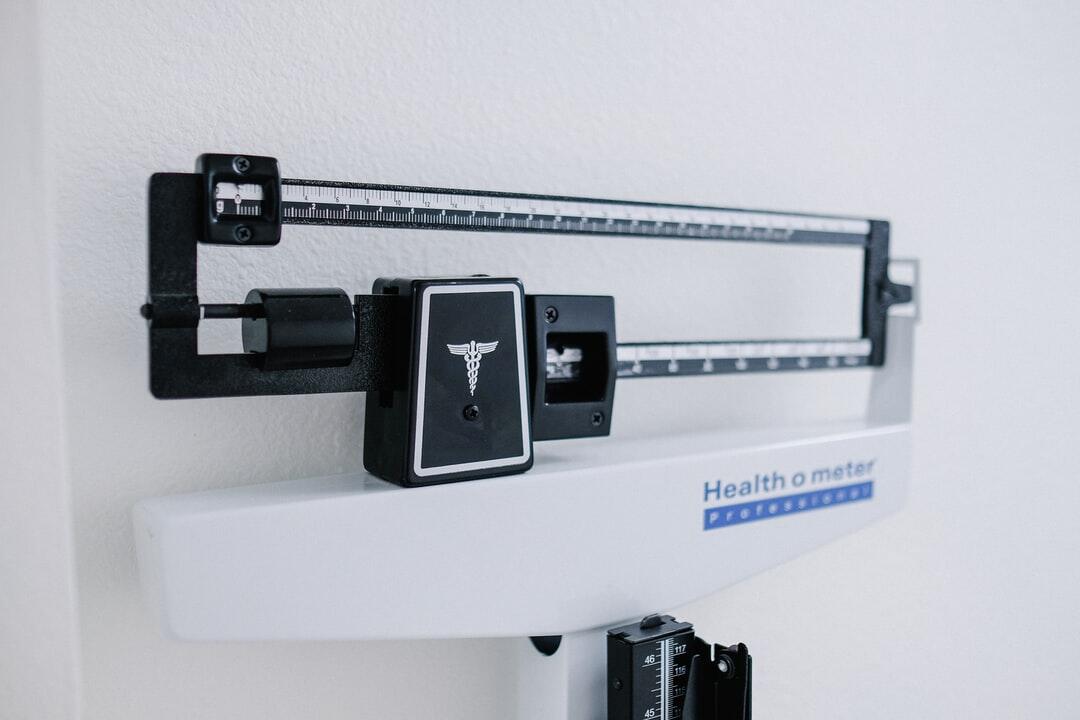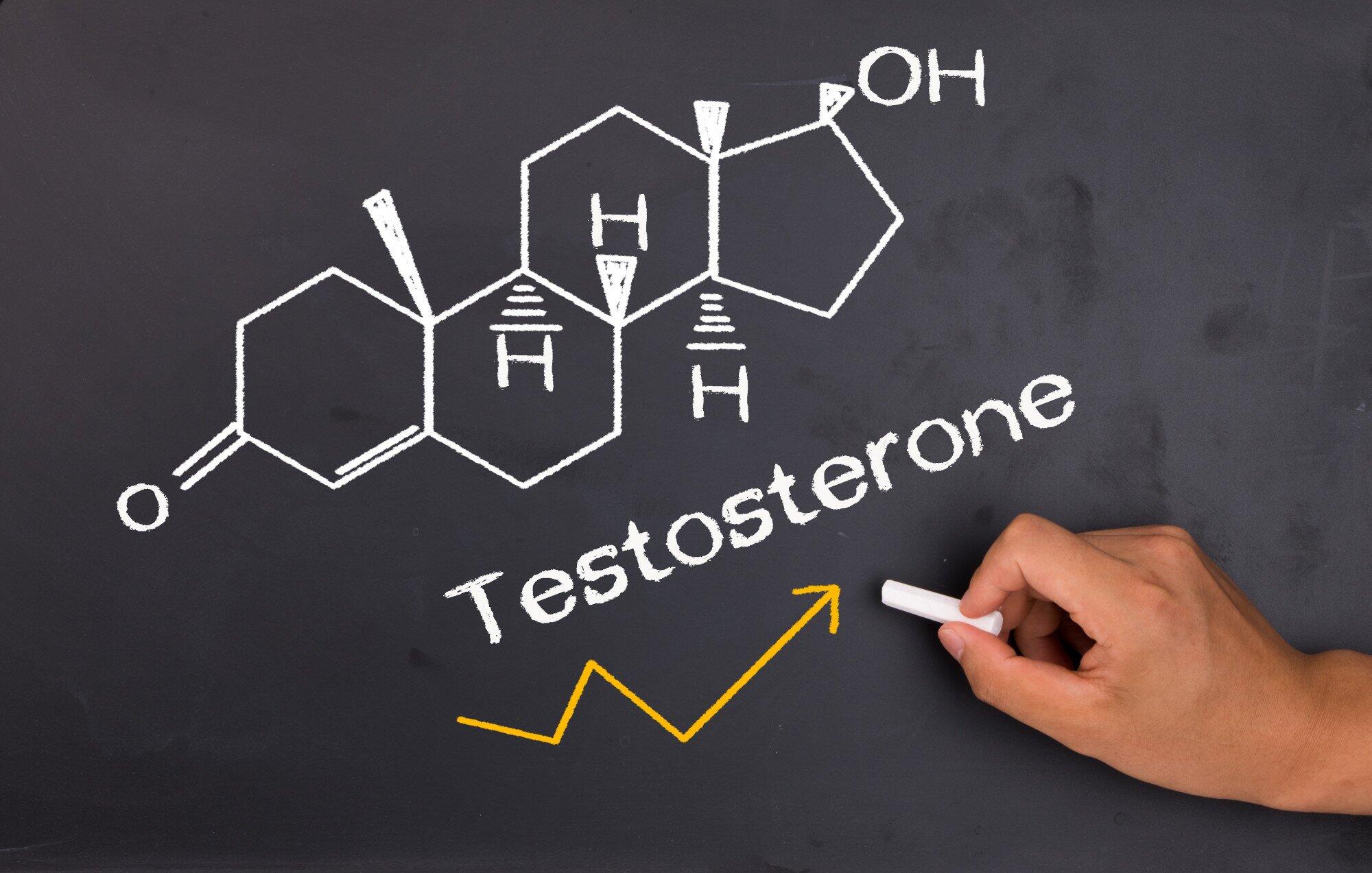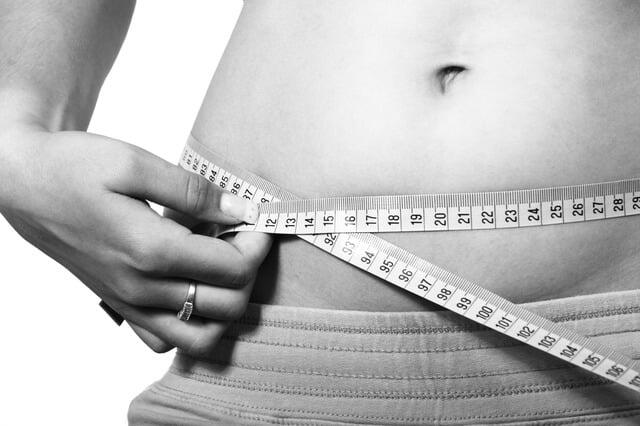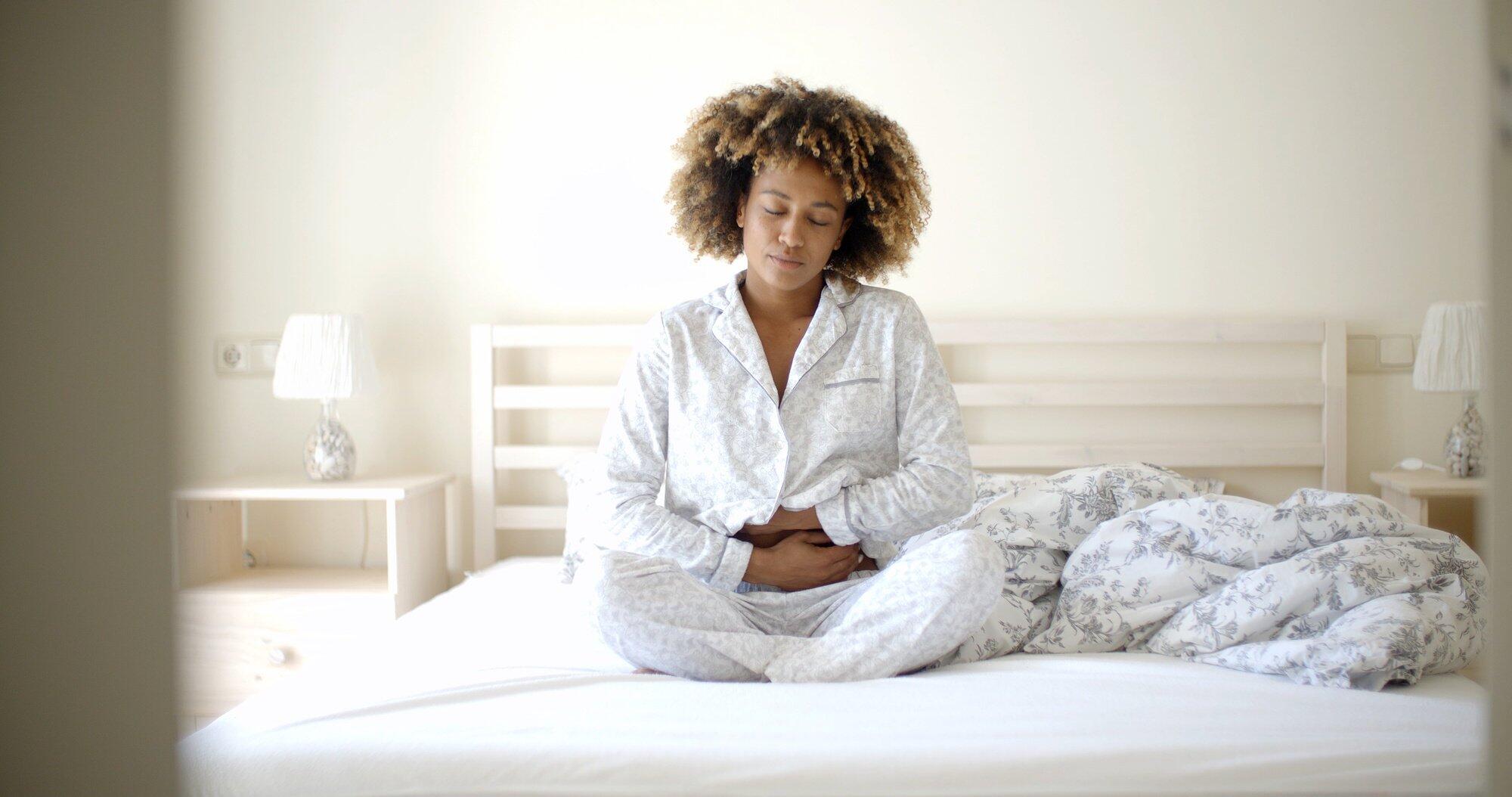Nearly half of women experience menopause between the ages of 45 and 55. It marks the end of your reproductive years, but it can also bring on symptoms like hot flashes, night sweats, and mood swings. These symptoms can disrupt your sleep, energy levels, and overall well-being.
You don’t have to suffer in silence. Several natural menopause treatments can help manage these symptoms.
This guide explores seven strong natural treatments to help you navigate this change well. It’ll delve into plant-based solutions and explore the benefits of exercise and relaxation. Also, expect to learn how ancient practices from acupuncture can offer modern relief.
Read on for valuable menopause tips:
1. Phytoestrogens: Plant-Based Allies for Balance
During menopause, your body may naturally produce less estrogen. This hormonal shift can cause hot flashes, night sweats, vaginal dryness, and mood swings. Phytoestrogens are plant-based compounds with a weak estrogen-like effect.
Because of this similarity, these plant compounds may help balance hormones. They may also ease some menopausal discomforts. Load up on delicious and nutritious sources of phytoestrogens. These include soybeans and soy products (tofu, tempeh), flaxseeds, lentils, and chickpeas.
You should also eat whole grains, fruits (apples or berries), and vegetables (carrots or broccoli). Eating a diet with phytoestrogens may help ease hot flashes. It can also help with night sweats and vaginal dryness.
Additionally, phytoestrogens may offer some protection against bone loss. They are generally safe, but talk to your doctor before making major dietary changes. This is especially important if you have any health conditions.
2. Bioidentical Hormone Replacement Therapy
BHRT offers a personalized approach to alleviating menopause symptoms. Utilizing plant-based hormones identical to those the body naturally produces, BHRT can effectively ease common menopausal discomforts like hot flashes, night sweats, mood swings, and sleep disturbances.
This therapy considers an individual’s specific needs, tailoring treatments to provide relief and enhance well-being during menopause. It’s essential to consult with healthcare professionals for proper assessment and to determine the most suitable approach for your condition.
Your healthcare providers will monitor your undergoing hormone therapy closely, aiming for minimal effective doses over short durations. Monitoring might include blood, urine, or saliva tests to assess hormone levels. Note that dosing adjustments are not strictly guided by these levels due to their daily fluctuations.
3. Vitamin E: A Powerful Antioxidant for Menopause
Vitamin E is a powerhouse antioxidant vital to hormone health. During menopause, oxidative stress occurs. There is an imbalance between free radicals and antioxidants that can worsen symptoms.
You can take foods rich in vitamin E for some relief. The vitamin helps protect against cellular damage. Vitamin E may also help reduce hot flashes, vaginal dryness, and mood swings.
Integrate healthy sources of vitamin E into your diet. These sources include almonds, peanuts, and sunflower seeds. They also include avocados, olive oil, and leafy greens.
While generally safe, high vitamin E doses may increase the bleeding risk. Your doctor should recommend the right dosage for maximum health benefits. They’ll also ensure the supplement doesn’t interfere with your medications.
Remember, overloading on any single nutrient can disrupt your body’s harmony. It’s beneficial to diversify your nutrient intake, ensuring you’re getting a wide range of vitamins and minerals.
To enhance the benefits of vitamin E during menopause, consider pairing your diet with lifestyle adjustments that combat oxidative stress. Combining dietary strategies with physical activity offers a holistic approach to managing menopause. This optimizes your hormone health and overall well-being.
4. Exercise and Breathing Techniques
Menopause can zap your energy levels and leave you feeling sluggish. But don’t underestimate the power of movement. Regular exercise can help manage a variety of menopause symptoms.
Physical activity increases endorphins, the body’s natural feel-good chemical. These chemicals can combat fatigue and improve your mood. This way, they help you feel more energized and positive.
Exercise can help regulate your body temperature. It lowers the intensity, frequency, and impact of hot flashes. Exercise also improves sleep quality, which is crucial during menopause.
Walking, jogging, or dancing are weight-bearing exercises. They can maintain bone density. Bone density can decrease during menopause and increase the risk of osteoporosis.
So, what kind of exercise is best? Well, most forms of exercise can be beneficial. Aim for at least 30 minutes of moderate-intensity activity most days of the week.
You may incorporate brisk walking, swimming, cycling, or dancing into your routine. Strength training is also important. It helps build muscle mass and improves your metabolism and bone health.
As you go through life after menopause, your body changes, and exercise must adapt. A personal trainer can be your partner in navigating this. They’ll design a safe and effective program that considers your changing hormones.
The program should help build strength to fight weight gain, bone loss, and fatigue. A personal trainer will listen to your concerns and create a customized routine. They’ll also guide you through the proper form to avoid injury.
5. Staying Hydrated
Dehydration can worsen many menopause symptoms, especially hot flashes and night sweats. So, staying hydrated is so crucial. Our bodies use water to regulate internal temperature.
When dehydrated, the body struggles to cool down. You may experience uncomfortable heat spikes or hot flashes. Drink plenty of water to ensure your body has the resources to stay cool and comfortable.
During hot flashes and night sweats, you lose a lot of fluids through sweating. Replenishing these lost fluids can help prevent dehydration. Dehydration may cause dry skin patches, fatigue, headaches, and dizziness.
Water is vital for all bodily functions, including digestion and nutrient absorption. It also helps maintain healthy blood pressure. Being well-hydrated can indirectly improve your menopause.
There’s no one-size-fits-all answer. A good rule of thumb is to drink around eight glasses of water daily. You may need to adjust this based on your activity level, climate, and individual needs.
If you move around outside often, carry a clean, reusable water bottle. This will ensure you sip water throughout the day. Eat water-rich fruits and vegetables like cucumber, watermelon, and leafy greens.
6. Acupuncture
Acupuncture is a natural healing practice with a long history in Chinese medicine. For centuries, people used it to treat health concerns. Menopause symptoms are one area where it may offer relief.
The treatment uses very thin, sterile needles inserted into targeted points. Experts believe that these points lie along energy pathways. The treatment stimulates them with needles.
It helps restore balance and improve energy flow in the body. For women going through menopause, acupuncture can be a valuable tool. It helps manage some of the most common symptoms.
The treatment may help by regulating body temperature and calming the nervous system. Disrupted sleep is another frequent complaint when living with menopause. Acupuncture’s ability to boost relaxation and reduce stress can improve sleep quality.
The hormonal fluctuations of menopause can lead to mood swings, irritability, and anxiety. Acupuncture may offer relief by influencing the body’s natural production of mood-regulating chemicals.
Note that research on acupuncture for menopause is ongoing. Studies suggest that it may carry certain benefits. But we need more research to confirm its effectiveness for everyone.
If you’re considering acupuncture for your menopause symptoms, find a qualified practitioner. The acupuncturist will want you to discuss your symptoms at the first meeting.
The specialist will also review your medical history. They will do this to see if this treatment is right for you. The acupuncturist will then insert thin needles at specific points on your body.
Expect to have them in your arms, legs, back, or abdomen. The needles are usually left in place for 15-30 minutes while you relax.
7. Mind-Body Practices
Mind-body practices, like yoga, meditation, and mindfulness training, can be powerful allies. Menopause often brings increased stress due to hormonal changes and life transitions. Practices like yoga and meditation help activate the relaxation response.
They lower stress hormones and promote feelings of calm. Mind-body practices can improve sleep. They quiet the mind and promote relaxation.
These practices also reduce anxiety that might interfere with sleep. Thus, they’re great for women who experience sleep disturbances during menopause.
Techniques like mindfulness meditation can help you become more aware of your emotions. They let you develop healthier coping mechanisms to manage them. These practices don’t require extensive training or equipment.
Daily yoga, meditation, or deep breathing exercises are ideal. They can improve your well-being during menopause. Many online platforms offer free guided meditation and yoga routines for beginners.
You might find affordable classes at local community centers or yoga studios. These classes aim to help manage stress or promote gentle movement. Meditation apps offer guided sessions and tools for mindfulness practices.
Explore Natural Menopause Treatments for a Healthier, Happier You
Menopause is a natural part of life that can have certain symptoms. Incorporate these natural menopause treatments into your routine for relief, so that you can embrace this new chapter with confidence and vitality.
Considering a more personalized approach? Our team of experts at Evolve Telemedicine offers personalized hormone and peptide therapies to help women achieve optimal health and well-being. Whether you’re struggling with menopause, low energy, weight, or declining libido, schedule your free consultation today.








